The Constitution Change Inquirer: Navigating the Complexities of Constitutional Reform
Associated Articles: The Constitution Change Inquirer: Navigating the Complexities of Constitutional Reform
Introduction
On this auspicious event, we’re delighted to delve into the intriguing matter associated to The Constitution Change Inquirer: Navigating the Complexities of Constitutional Reform. Let’s weave fascinating data and provide contemporary views to the readers.
Desk of Content material
The Constitution Change Inquirer: Navigating the Complexities of Constitutional Reform
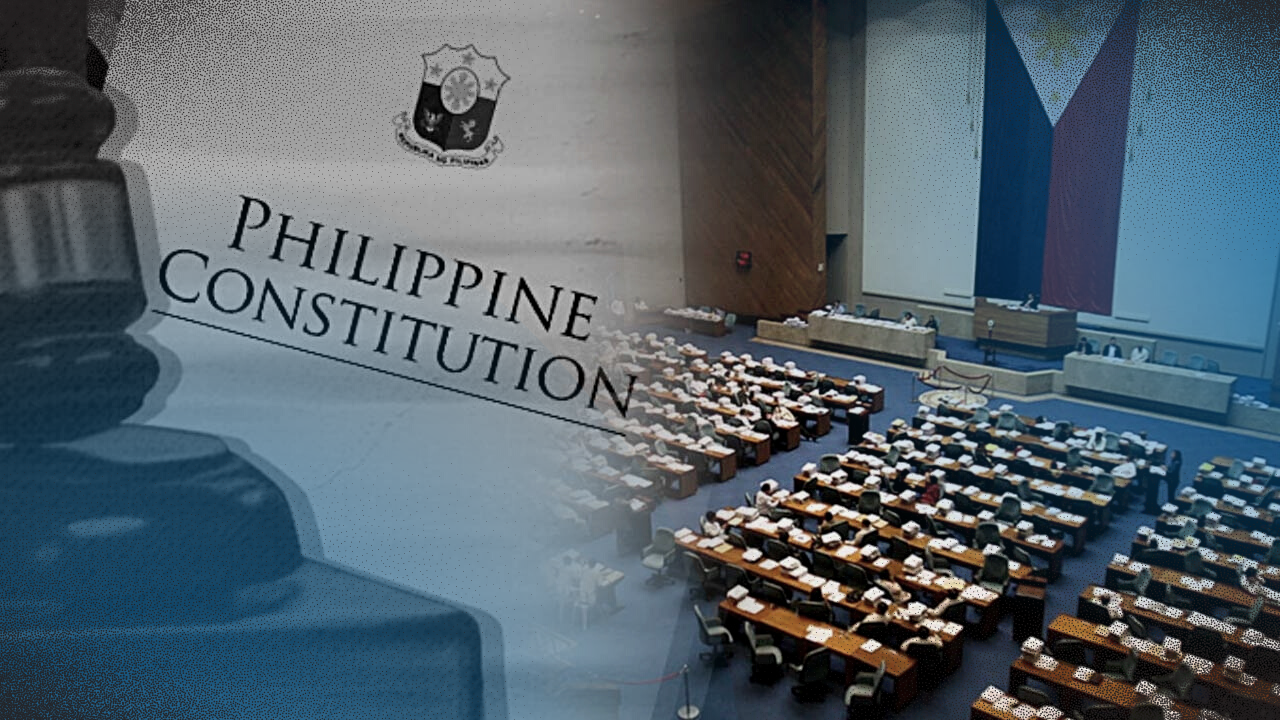
The Philippine Structure, adopted in 1987, has served because the bedrock of the nation’s democratic governance for over three many years. Nevertheless, the continued debate surrounding constitution change, sometimes called "Cha-cha," reveals a persistent pressure between the necessity for constitutional stability and the will for reform to handle evolving nationwide wants. This text delves into the multifaceted points of the constitution change inquiry, exploring the arguments for and in opposition to modification, the completely different modes of amending the structure, the political dynamics concerned, and the potential penalties of any vital alteration.
The Case for Constitution Change:
Proponents of constitution change typically cite a number of key causes for his or her advocacy. These arguments typically revolve round enhancing financial competitiveness, enhancing governance, and addressing particular societal challenges.
-
Financial Improvement: A central argument focuses on the necessity for constitutional amendments to draw extra international funding and stimulate financial progress. Particular proposals embrace easing restrictions on international possession in sure industries, probably permitting larger participation in land possession and pure useful resource exploitation. Advocates argue that these adjustments would entice much-needed capital and know-how, resulting in job creation and improved residing requirements. Nevertheless, critics counter that such adjustments may result in exploitation of assets and additional marginalization of native communities.
-
Political Reform: One other key argument facilities on reforming the political system to enhance governance and deal with points reminiscent of corruption and inefficiency. Proposed amendments may embrace shifting from a presidential to a parliamentary system, introducing electoral reforms to advertise fairer illustration, or strengthening mechanisms for accountability and transparency. Proponents imagine these adjustments would result in a extra environment friendly and responsive authorities, higher capable of serve the wants of the individuals. Opponents, nonetheless, categorical issues that such adjustments may focus energy and undermine democratic checks and balances.
-
Addressing Particular Societal Challenges: Constitution change can also be ceaselessly framed as a needed device to handle particular societal challenges. For instance, some advocate for amendments to permit for the creation of a federal system of presidency, aiming to handle regional disparities and promote larger autonomy for native governments. Others suggest amendments associated to land reform or environmental safety, arguing that the present structure lacks enough provisions to deal with these vital points successfully. Nevertheless, the feasibility and effectiveness of such amendments are sometimes debated, with critics pointing to potential unintended penalties.
The Case Towards Constitution Change:
Regardless of the arguments in favor, vital opposition to constitution change persists, fueled by issues about potential damaging penalties.
-
Threat of Political Instability: Critics argue that amending the structure is a fancy and probably destabilizing course of, probably resulting in political infighting and uncertainty. The method itself might be prolonged and contentious, diverting consideration and assets from different urgent points. The worry is that the pursuit of constitution change may overshadow essential laws and coverage initiatives.
-
Potential for Abuse of Energy: Opponents additionally categorical issues in regards to the potential for abuse of energy throughout the modification course of. There’s a threat that highly effective pursuits may manipulate the method to serve their very own agendas, probably undermining democratic rules and entrenching inequality. The shortage of transparency and public participation in some modification processes additional fuels these issues.
-
Unintended Penalties: Critics spotlight the unpredictable nature of constitutional amendments, warning that seemingly minor adjustments may have unexpected and damaging penalties. They argue that the present structure, regardless of its imperfections, gives a comparatively secure framework for governance, and that tampering with it dangers undermining this stability. The complexity of the interconnected provisions throughout the structure necessitates cautious consideration of potential ripple results.
Modes of Amending the Structure:
The Philippine Structure outlines two major strategies for modification:
-
Constituent Meeting: This entails Congress, sitting as a constituent meeting, voting to amend or revise the Structure. This technique requires a three-fourths vote of all its members. This strategy has been criticized for probably being dominated by the ruling social gathering, limiting the enter of opposition voices.
-
Constitutional Conference: This entails the election of delegates to a conference particularly tasked with amending or revising the Structure. This technique is seen as extra inclusive and consultant, but in addition extra time-consuming and costly.
Each strategies require ratification by a majority of the votes solid in a plebiscite, guaranteeing that any constitutional adjustments have the help of the Filipino individuals. The selection between these strategies typically turns into a focus of political debate, with every strategy having its personal strengths and weaknesses.
Political Dynamics and the Constitution Change Inquiry:
The constitution change inquiry is deeply intertwined with the political panorama of the Philippines. The timing of any proposed amendments, the precise proposals put ahead, and the methods employed to garner help all replicate the prevailing political dynamics. The affect of highly effective political actors, together with the president, Congress, and numerous curiosity teams, considerably shapes the trajectory of the controversy. The alignment of political forces and the extent of public help play essential roles in figuring out whether or not any proposed amendments finally succeed.
The controversy typically transcends purely authorized and constitutional issues, changing into a battleground for competing political agendas and ideologies. This may result in polarization and mistrust, additional complicating the method and probably undermining its legitimacy.
Potential Penalties of Constitution Change:
The potential penalties of any vital constitutional modification are far-reaching and multifaceted. These penalties may prolong to numerous points of Philippine society, together with:
-
Financial Impacts: Modifications to international possession restrictions may considerably affect the financial system, probably resulting in each advantages and disadvantages. The consequences on native companies, employment, and earnings distribution would wish cautious consideration.
-
Political Impacts: Shifting from a presidential to a parliamentary system, or introducing different vital political reforms, may dramatically alter the stability of energy and the functioning of presidency. This might have an effect on political stability, accountability, and the general democratic course of.
-
Social Impacts: Amendments associated to federalism, land reform, or different social points may have profound implications for social fairness, regional growth, and the distribution of assets. The potential impacts on marginalized communities and weak populations require cautious evaluation.
-
Worldwide Implications: Modifications to the structure may even have implications for the Philippines’ relationships with different nations and worldwide organizations. These implications must be fastidiously thought-about to keep away from unintended damaging penalties for international coverage and worldwide cooperation.
Conclusion:
The constitution change inquiry within the Philippines is a fancy and multifaceted problem with vital implications for the nation’s future. The arguments for and in opposition to modification are deeply rooted in differing visions for the nation’s financial, political, and social growth. The selection of modification technique, the precise proposals put ahead, and the political dynamics at play all contribute to the complexity of the controversy. An intensive and clear course of, involving widespread public participation and cautious consideration of potential penalties, is essential to make sure that any constitutional adjustments serve the most effective pursuits of the Filipino individuals and contribute to a extra simply, equitable, and affluent future. The continued dialogue and debate surrounding constitution change spotlight the enduring pressure between the necessity for constitutional stability and the will for reform in a dynamic and evolving society. The final word consequence will depend upon the cautious navigation of those complexities and a dedication to democratic rules and inclusive governance.
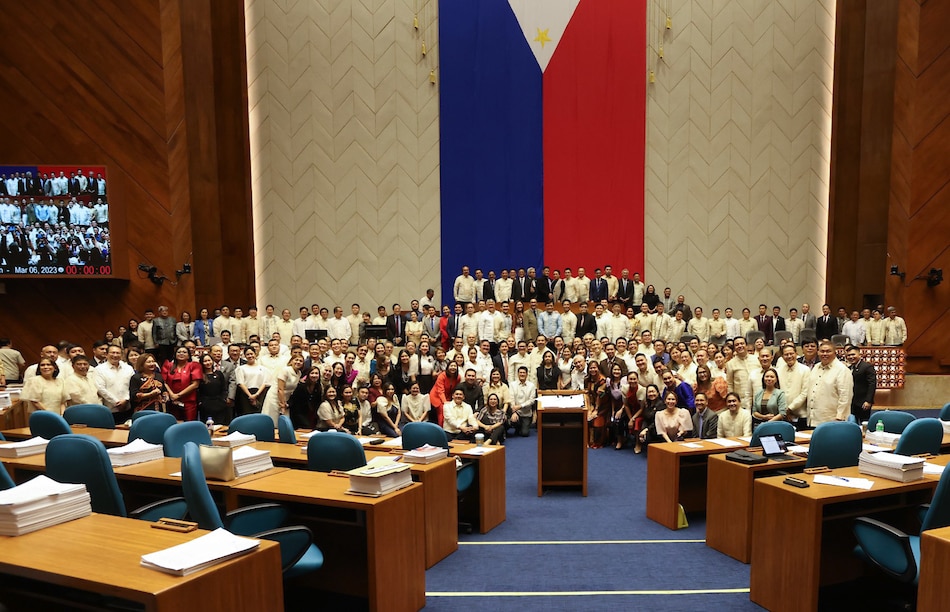



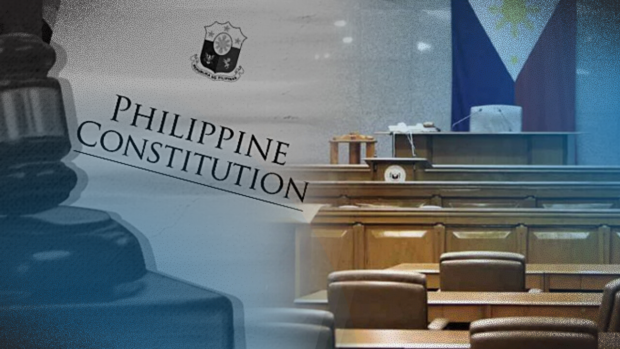
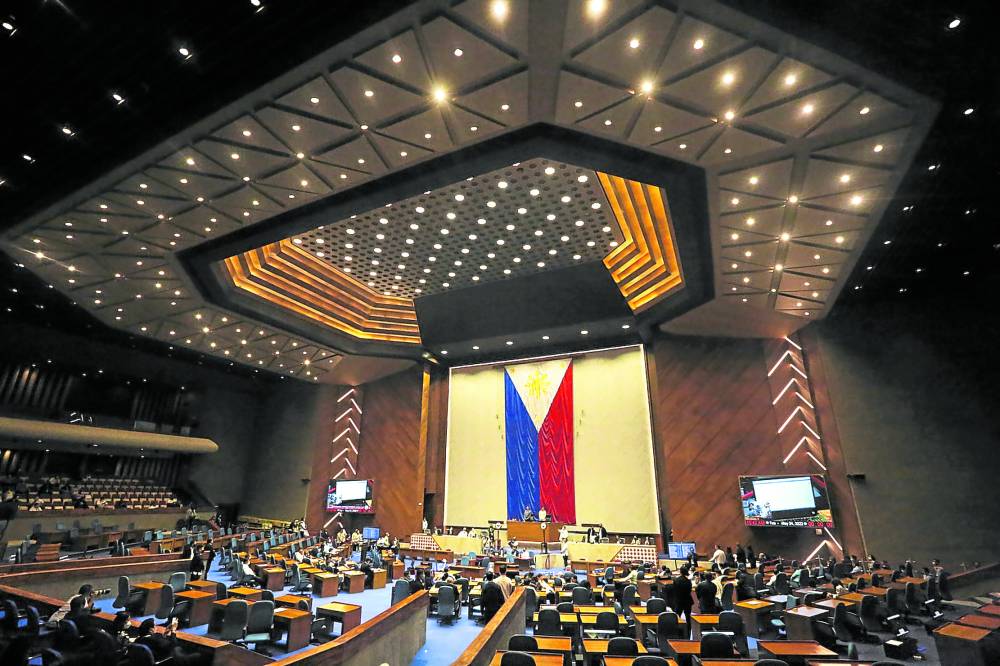
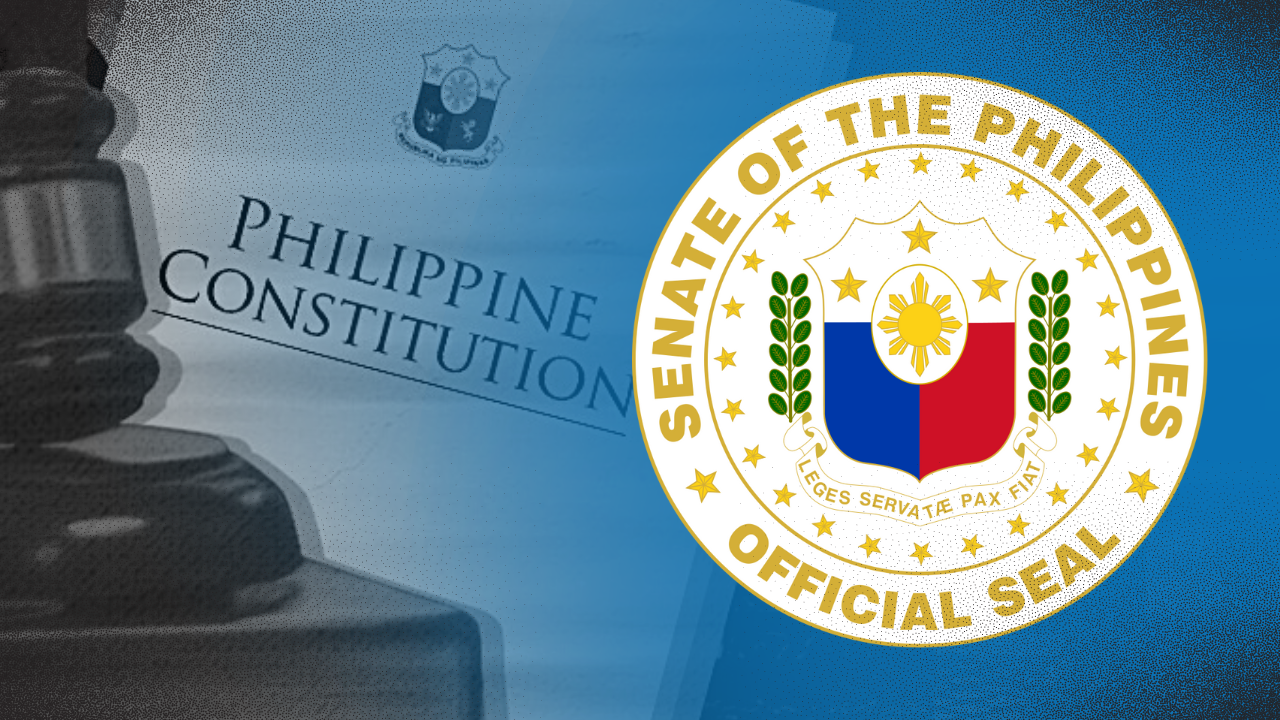

Closure
Thus, we hope this text has offered useful insights into The Constitution Change Inquirer: Navigating the Complexities of Constitutional Reform. We hope you discover this text informative and useful. See you in our subsequent article!